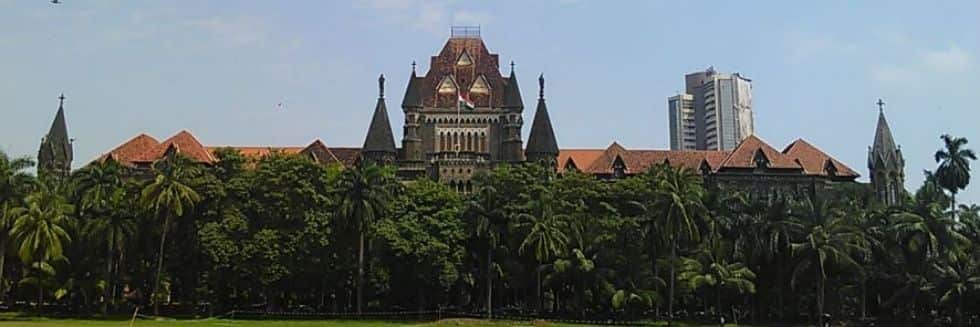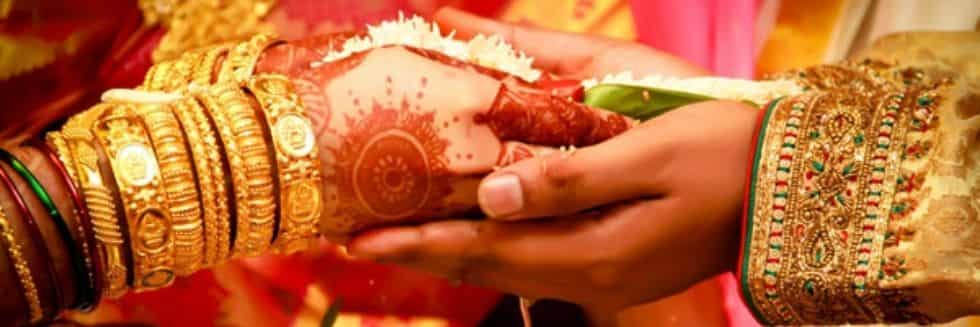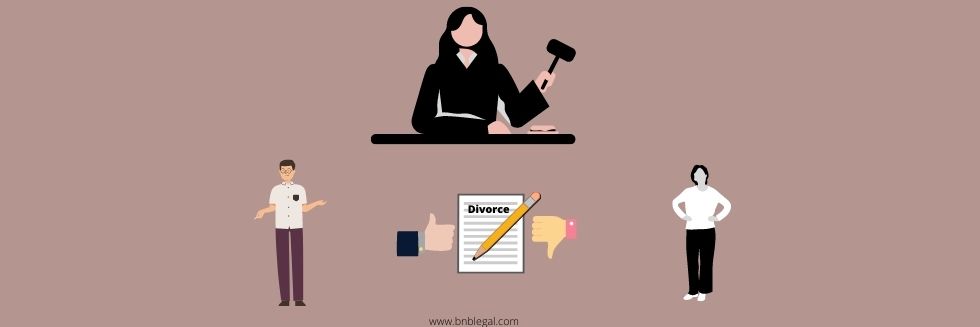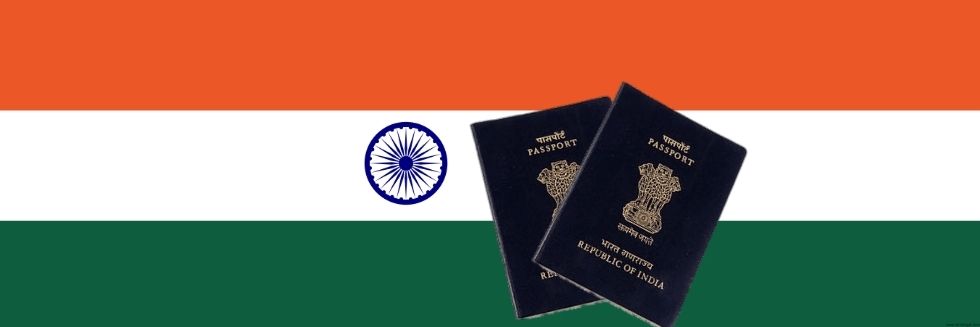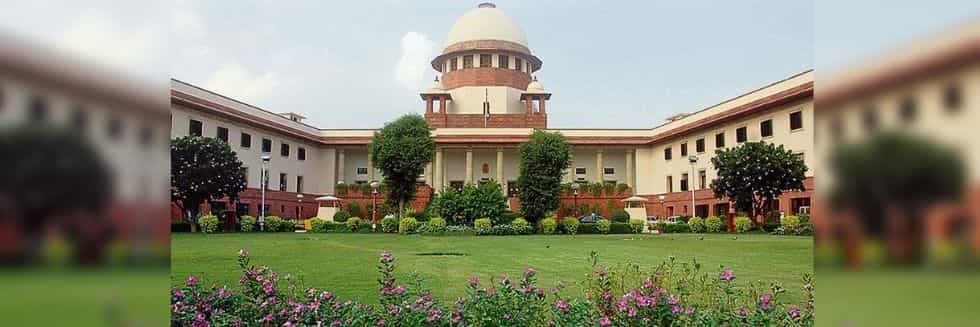Bombay High Court on Wednesday set aside an order passed by family court while observing that the daughter can question the validity of the second marriage of her father. The court directed the family court to hear and decide the suit filed by a daughter of an industrialist who had questioned the validity of her father’s second marriage.
The petitioner claimed that she came to know about the information in 2016 that the second wife was already married and had not divorced yet. She allegedly suppressed the fact from the industrialist. However, the woman denied all the allegations and submitted that she was divorced in 1984 through a talaqnama.
The daughter has alleged that her stepmother took undue advantage of mental ailments, infirmities and unsoundness of mind of her father, which she was very well aware of. She got married to him, then exercised and applied undue influence, coercion and duress upon him with the intention and motive of siphoning his entire properties.
“She even got executed various documents including his Will and several Gift Deeds of various valuable immovable properties and deprived the true legal heirs of their rights,” the petitioner alleged further.
A division bench comprising Justices R D Dhanuka and VG Bisht noted that the family court was wrong in holding that the daughter was barred from questioning the validity of father’s marriage invoking a rule meant to prevent multiplicity of litigation.
Agreeing to the senior counsel Vineet Naik and advocate Sheroy Bodhanwala, the bench that only the family court has the jurisdiction to decide on validity of the marriage and therefore, the rule barring the multiplicity of suit was not applicable.
The 66 year old daughter of an industrialist had appealed in 2019 against a Bandra family court’s order which had rejected her plea to declare the marriage of her deceased father and stepmother invalid. The family court noted that Deepti Panda with K Chandrana, counsel appearing for second wife vehemently contended that the daughter had no right to question the validity of her father’s marriage. She argued that no third party could seek a declaration over validity of marriage.
The High Court bench observed that family court Act provision was widely couched. The court further stated that the daughter has every locus to bring in question the validity of the marriage of her father to the second wife and also to her marital status.
The family court in its order noted that the petitioner had approached Bombay High Court in June 2015 but had not questioned the marriage then, and hence, she had relinquished her right to do so.
Both the parties, one involving the deceased’s daughter and deceased’s second wife at the other side, have disputes where they accuse each other of usurping the assets.
The petitioner’s mother died in February 2003 and her father remarried in July 2003. Her father died in 2015.
